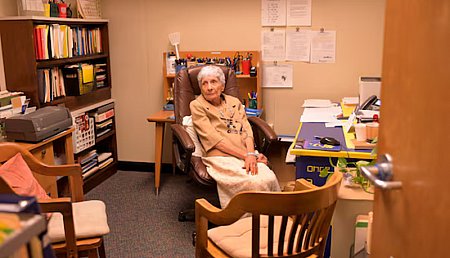
"There is really something about just focusing on others sometimes that's really good for you," says San Diego State University neuroscientist Tristen Inagaki. Amid the pandemic, we can't help but see that reality in spades. In the first half of 2020, Britons donated 800 million pounds more to charity than in the same timeframe in 2019. Other nations reveal a similar pattern. In Germany in February 2020, 41% of people surveyed said they did not care about others, yet by early summer, that number plummeted to just 19%. Almost half of Americans have recently checked on their elderly or sick neighbors. Experience reveals giving can feel good, and studies show acts of caring for others also surfaces concrete physiological benefits. "Studies show, for instance, that volunteering correlates with a 24% lower risk of early death about the same as eating six or more servings of fruits and vegetables each day, according to some studies. What's more, volunteers have a lower risk of high blood glucose, and a lower risk of the inflammation levels connected to heart disease. They also spend 38% fewer nights in hospitals than people who shy from involvement in charities," the BBC reports. Inagaki is not surprised by these findings, saying, "Humans are extremely social, we have better health when we are interconnected, and part of being interconnected is giving."
More:














